
- All Resources
- /
- Foodservice Industry
- /
- Food Safety Regulations: What You Need To Know
UNILEVER PROFESSIONAL
FOOD SAFETY REGULATIONS: WHAT YOU NEED TO KNOW
When you’re in the food business – be it a restaurant or kitchen business – food safety is often your top priority, right? You probably deeply understand how important food safety is to your business’s success and your patrons’ health. However, some managers and owners are not always aware of the food safety fundamentals and how to implement them in their business daily.
In this article, we will cover the fundamentals of food safety, regulations and requirements, best practices for meeting food safety regulations and staying up-to-date with the latest regulations.
FOOD SAFETY FUNDAMENTALS
Before we dive into the regulations and requirements, let’s first discuss the fundamentals of food safety. Food safety refers to the measures you take in your business every day to ensure that food is free from contaminants that could cause harm to the consumer. It should be a priority for every food service business to practice excellent food safety standards to prevent foodborne illnesses, which can result from improper food handling, storage, or preparation.
When it comes to food safety best practices, the basics of food safety in any kitchen include maintaining proper hygiene, keeping food at the correct temperatures, avoiding cross-contamination, and following proper cooking techniques.
Read our blog on Essential Tips for Restaurant Food Safety, Preparation and Sanitation to get more insight now.
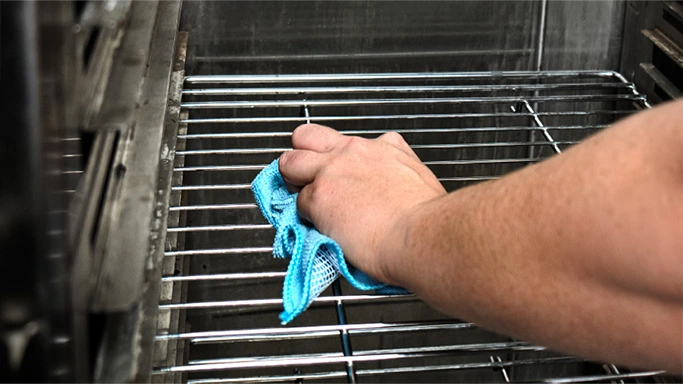
FOOD SAFETY REGULATIONS AND REQUIREMENTS IN SOUTH AFRICA
In South Africa, food safety regulations and requirements are enforced by the Department of Health through the National Regulator for Compulsory Specifications (NRCS) and the National Regulator for Compulsory Standards (NRCS). These agencies are responsible for ensuring that all food products sold in South Africa meet the required safety standards.
Some of the common food safety requirements and regulations in South Africa include:
- Food labelling requirements: All food products must have clear and accurate labelling that includes information such as the name and address of the manufacturer, a list of ingredients, nutritional information, and any allergens present in the product.
- Food safety management systems: All food businesses are required to implement a food safety management system, such as the Hazard Analysis and Critical Control Points (HACCP) system, to ensure that food products are produced safely and hygienically.
- Food premises and equipment requirements: Food businesses are required to comply with specific hygiene requirements for food premises and equipment, such as regular cleaning and disinfection, appropriate temperature controls, and proper storage and handling of food products.
- Food handler requirements: All food handlers are required to undergo regular medical examinations and are required to practice good hygiene, such as washing their hands regularly and wearing appropriate protective clothing.
- Food import and export requirements: All imported and exported food products must comply with the relevant food safety regulations and requirements in South Africa.
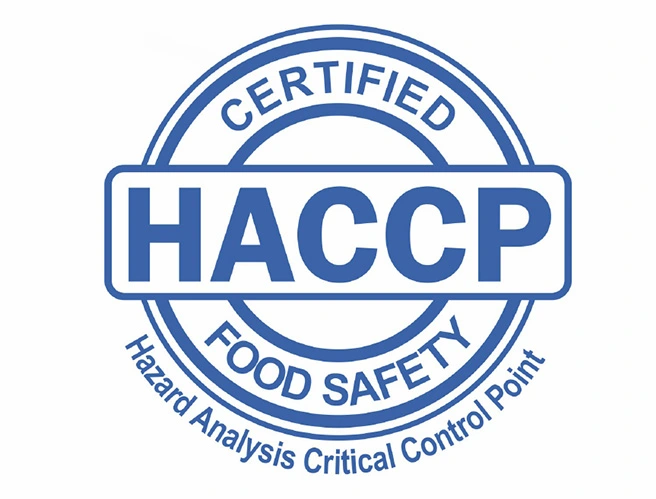
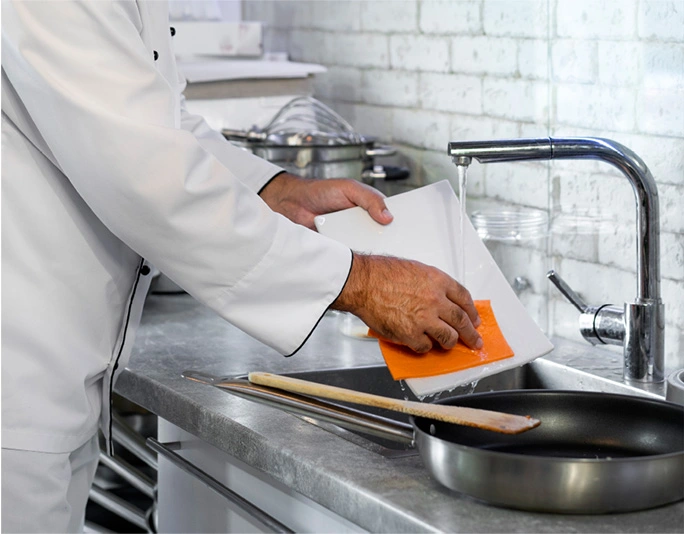
COMPLYING WITH FOOD REGULATIONS AND REQUIREMENTS
It’s one thing to understand the regulations, but it can be quite another to put it into practice in your restaurant or kitchen. We’ve put together a few essential steps to help you comply with food safety regulations in South Africa, that are easy to implement and simple enough to practice daily:
- Regularly review and update your food safety management system to ensure compliance with the latest regulations and requirements.
- Train and educate all staff members on food safety best practices and the importance of compliance with regulations.
- Conduct regular food safety audits and inspections of your premises and equipment to identify and correct any potential hazards.
- Keep up-to-date with the latest food safety regulations and requirements by regularly consulting with the NRCS and other relevant regulatory bodies.
Failure to comply with food safety regulations in South Africa can result in serious consequences for restaurants and food businesses. Some of the potential consequences of non-compliance include fines, legal action, and damage to the business’s reputation.
HOW TO STAY INFORMED OF FOOD SAFETY REGULATIONS AND REQUIREMENTS
As with everything when it comes to regulations in South Africa, things can change pretty quickly. As a business owner or restaurateur, you need to stay abreast of the latest developments in food safety regulations. You can do this by regularly staying in touch and consulting with regulatory bodies, attending industry conferences and workshops, and following industry publications and news sources.
Ensuring food safety in your food service business is essential to protecting the health of your customers and the success of your business. By understanding the fundamentals of food safety, complying with regulations and requirements, implementing best practices, and staying up-to-date with the latest requirements, you can ensure that your business is operating safely and effectively.
HOW CAN UNILEVER PROFESSIONAL HELP?
At Unilever Professional, we actively work toward providing you with high-quality products to run your food service, hospitality, and cleaning business well. We offer you the products you need to comply with regulations, requirements, and safety, to run the most professional business possible.
Take a look at our product offering now:
- Commercial Hygiene Products
- Commercial Surface Cleaning Products
- Commercial Laundry Products
- Bulk Dishwashing Liquid Products
For all your essential cleaning business supplies in bulk sizes, choose Unilever Professional today. We stock everything from hygiene products to floor cleaning products at competitive prices that your business will thrive on.
FAQS
WHAT ARE SOME COMMON FOOD SAFETY REGULATIONS THAT RESTAURANTS NEED TO FOLLOW?
Restaurants must follow a range of food safety regulations, such as the Hazard Analysis and Critical Control Points (HACCP) system, which identifies and manages potential food safety hazards at every stage of the food production process. Other regulations include guidelines for food handling, storage, and preparation, as well as requirements for hygiene practices and the use of personal protective equipment.
HOW CAN A RESTAURANT ENSURE THAT THEY ARE COMPLYING WITH FOOD SAFETY REGULATIONS?
To ensure compliance with food safety regulations, restaurants should establish and maintain a food safety program that includes regular monitoring, training for staff, and documentation of all procedures and activities related to food safety. This includes regular food and water testing, maintaining appropriate storage temperatures, and keeping records of all food sources and suppliers.
WHAT ARE THE CONSEQUENCES OF NOT COMPLYING WITH FOOD SAFETY REGULATIONS?
Non-compliance with food safety regulations can lead to severe consequences for restaurants, such as closure, legal action, and damage to the restaurant’s reputation. In the worst cases, customers can become ill or even die from foodborne illnesses caused by unsafe practices.
HOW OFTEN DO FOOD SAFETY REGULATIONS CHANGE, AND HOW CAN A RESTAURANT STAY UP-TO-DATE?
Food safety regulations are subject to change, and it is the responsibility of the restaurant to keep up-to-date with any changes. Restaurants can stay informed by attending training sessions, monitoring regulatory updates, and regularly reviewing their food safety program to ensure it aligns with current regulations.
WHAT ARE SOME BEST PRACTICES FOR IMPLEMENTING A FOOD SAFETY PROGRAM IN A RESTAURANT?
Best practices for implementing a food safety program in a restaurant include appointing a designated food safety officer, conducting regular staff training, establishing clear food handling and preparation protocols, and monitoring and documenting all food safety procedures. It is also important to establish effective communication channels with staff, suppliers, and customers to ensure everyone is aware of, and committed to, maintaining a safe and hygienic food service environment.

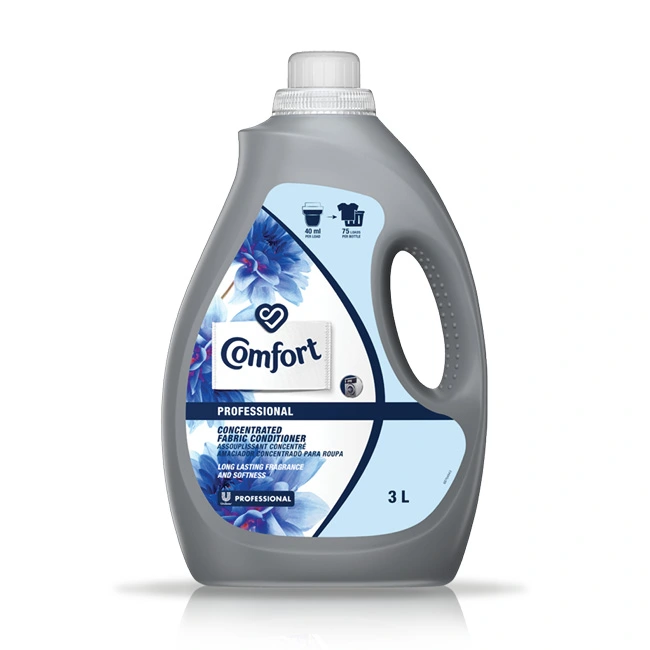
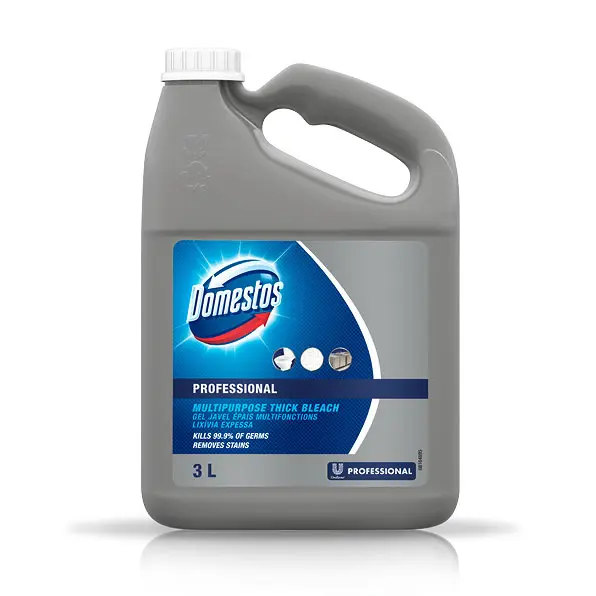
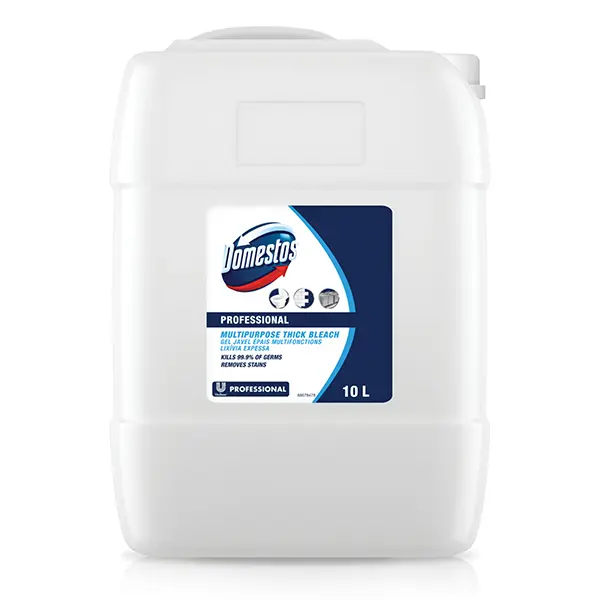
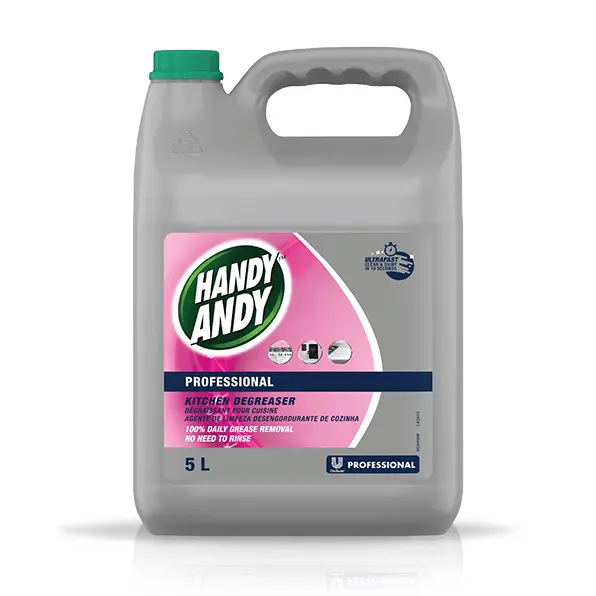
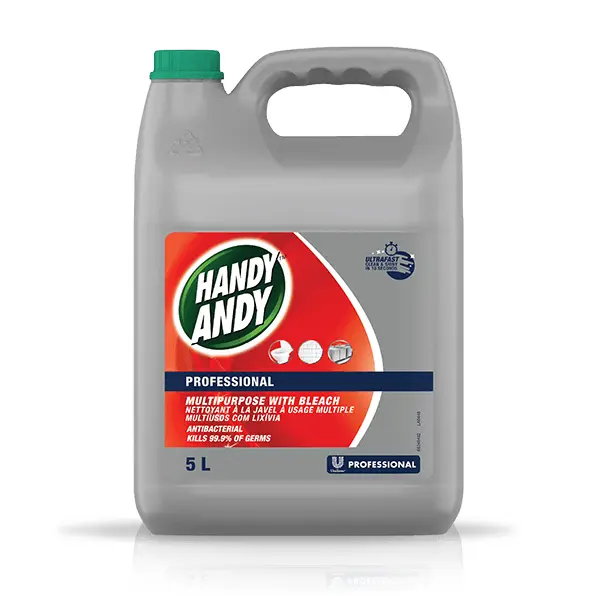
.webp)